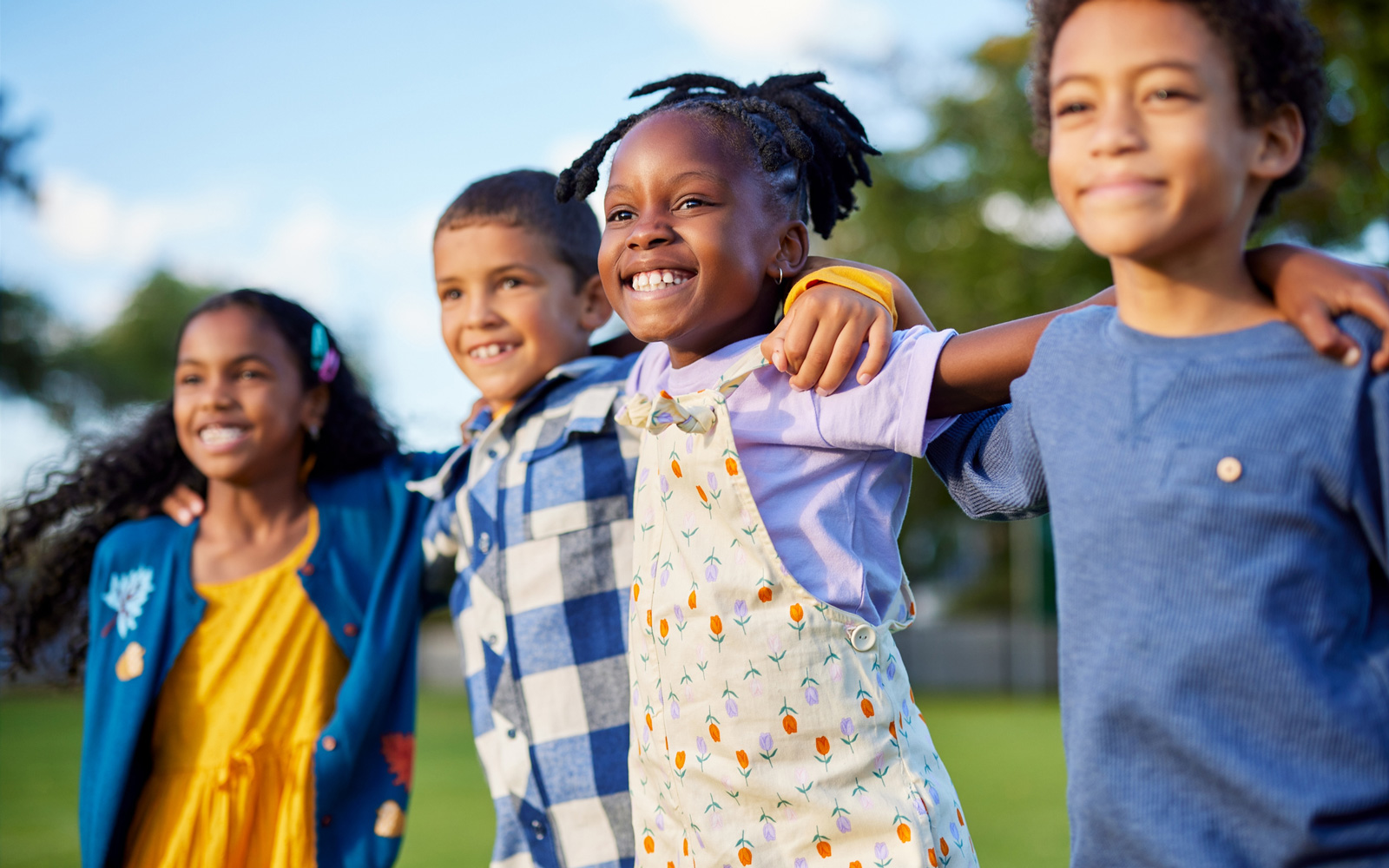The books, the articles, the videos, and the news all tell us how vital social-emotional skills are for our growing children. But what are they, exactly? And why are they so important? Read on to learn about social-emotional skills and why children need them.
What are Social-Emotional Skills?
Social-emotional skills set the foundation for how our children react to their emotions, each other, and the outside world. They are soft skills that can be broken into five basic categories:
- Self-awareness
- Self-management
- Social awareness
- Responsible decision making
- Relationship skills
Why are Social-Emotional Skills Important?
Social-emotional skills are of far-reaching importance for children. They can be further broken down into three broad categories: relationship skills, self-control/regulation, and initiative. Examples can be making and keeping friends, taking turns, and advocating for one’s own needs. All these skills can translate into academic success.
What do Social-Emotional Skills Look Like in Different Developmental Stages?
Infants:
By the time your infant turns one year old, you may expect them to react to their name, assist with getting their shoes on by lifting their foot for you, and play simple games, such as “pat-a-cake,” “peek-a-boo,” and roll a ball back to you. In addition, they will show several facial expressions when happy or sad. They will also express preferences for certain people and things by this time. Crying because certain familiar people aren’t around is common.
Toddlers:
When your child is a toddler, they will have advanced to assist you by pushing their arm through a sleeve when dressing. They will be willing to explore alone but with a parent nearby and do “check-ins” with their parent when in new situations. When others are hurt or upset, they take note and will show greater independence, resulting in the beginning of defiant behavior. When they play with others, they will exhibit parallel play, which means they will play alongside another child rather than with them (cooperative play).
Preschoolers:
By preschool age, your child should be able to dress themselves in easy-to-wear clothing, and they love to show you what they can do by themselves, often with the joyous shout of “Look at me!” They are aware of other children and will join them in play.
At this point, they should be able to calm themselves within a few minutes after you leave them. They also show affection to their friends. Their emotions have a wider range, and they will now begin to have the ability to verbalize how they are feeling.
Daycare:
One of the benefits of having your child at The Breakie Bunch Learning Center is the host of professionals trained in developing social-emotional skills in your child. With our background, we are here to support your children’s development so they build a solid foundation to set them up for present and future social and academic success. But, of course, all of this is done while they are still having fun!
The United States is placing importance on developing social-emotional skills, recognizing that it can lower the cases of bullying and worse. Setting a good foundation of social-emotional skills for your child is critical, not just for a happy childhood, but for a well-rounded, fulfilled adult and member of society. Paying attention to social-emotional growth in childhood is like watering the flowers of our future.

